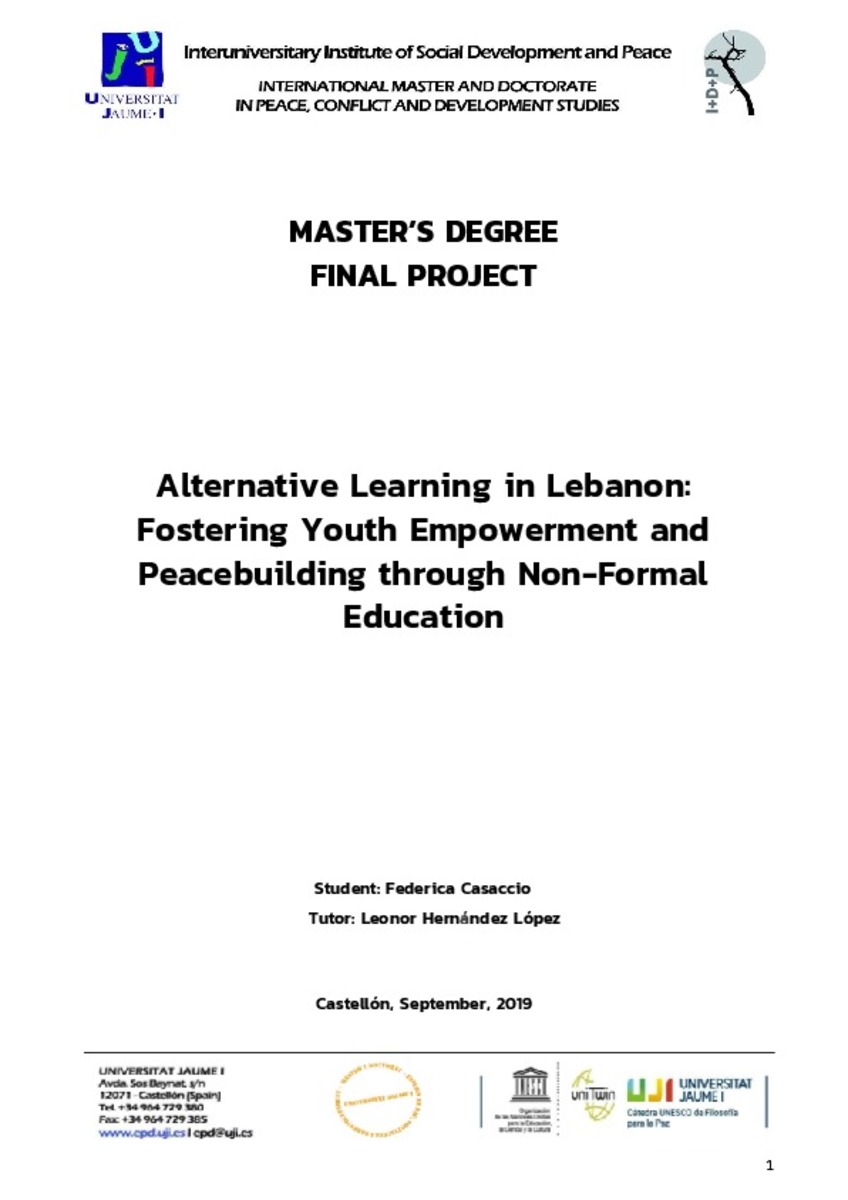

2 Center for Educational Research and Development (CRDP).For the percentage of the female population with at least some secondary education, the figure drops to 38.8%. The percentage of the population as a whole with at least some secondary education (aged 25 and above) is 54.2%. Lebanon's adult literacy rate was 93.9% in 2014 according to the UN Human Development Index, ranking it 65th globally.

In the international student achievement tests in math and sciences (TIMSS) in 20 for grade 8, Lebanese students scored well below the international average of 500. The Organization for Economic Co-operation and Development (OECD) and compiled from an amalgamation of international assessments, including the OECD's Pisa tests, the TIMSS tests run by US-based academics as well as the TERCE tests in Latin America, Lebanon ranked 58th globally in mathematics and sciences. According to Muhammad Faour, a nonresident senior associate at the Carnegie Middle East Center in Beirut, "this assessment is a significant departure from the results of student achievement tests in every international test Lebanon and Qatar have participated. This survey is carried out as part of the WEF's Global Competitiveness Report. However, these rankings are based on the Executive Opinion Survey, in which business leaders of each country give their opinion on the educational system in their own country. Īccording to a 2013 World Economic Forum report, Lebanon was ranked 10th in overall quality of education, and 5th in science and mathematics.

Education is compulsory from age 3 to 14. English or French are the mandatory media of instruction for mathematics and science for all schools. In Lebanon, the main three languages, English and/or French with Arabic are taught from early years in schools. Since 2016, the project has succeeded in providing non-formal education to almost 64,000 refugee boys and girls and supported over 116,000 disadvantaged boys, girls and women in Lebanon who are vulnerable to abuse with a package of services to help them deal with trauma and prevent abuse in the future.Įvery child has the right to an education, that is why the UK’s strong partnership with Lebanese and international partners will continue to help ensure that all children in Lebanon receive an education.Education in Lebanon is regulated by the Ministry of Education and Higher Education (MEHE).

Over 14,000 girls and boys aged between 3-5 years, 8-18 years will receive community-based early childhood education and attend Basic Literacy and Numeracy classes, and over 10,600 will receive child protection and other related services. The additional funding will continue to support girls and boys with non-formal education and provide child protection and Gender Based Violence services to the most vulnerable, bringing the UK’s support in this area to £65m over four years. I am pleased to announce that the UK Secretary of State for International Development Penny Mordaunt has today announced an additional £5 million to our support to UNICEF’s non-formal education programme working with the most vulnerable children across all of Lebanon. As the world celebrates World Children’s Day, the UK is proud to be a committed partner to education in Lebanon. On the eve of Lebanon’s 75th Independence Day and the week of World Children’s Day, British Ambassador Chris Rampling said:Įducation is the future, it offers children a ladder out of poverty to transform their communities and countries.


 0 kommentar(er)
0 kommentar(er)
